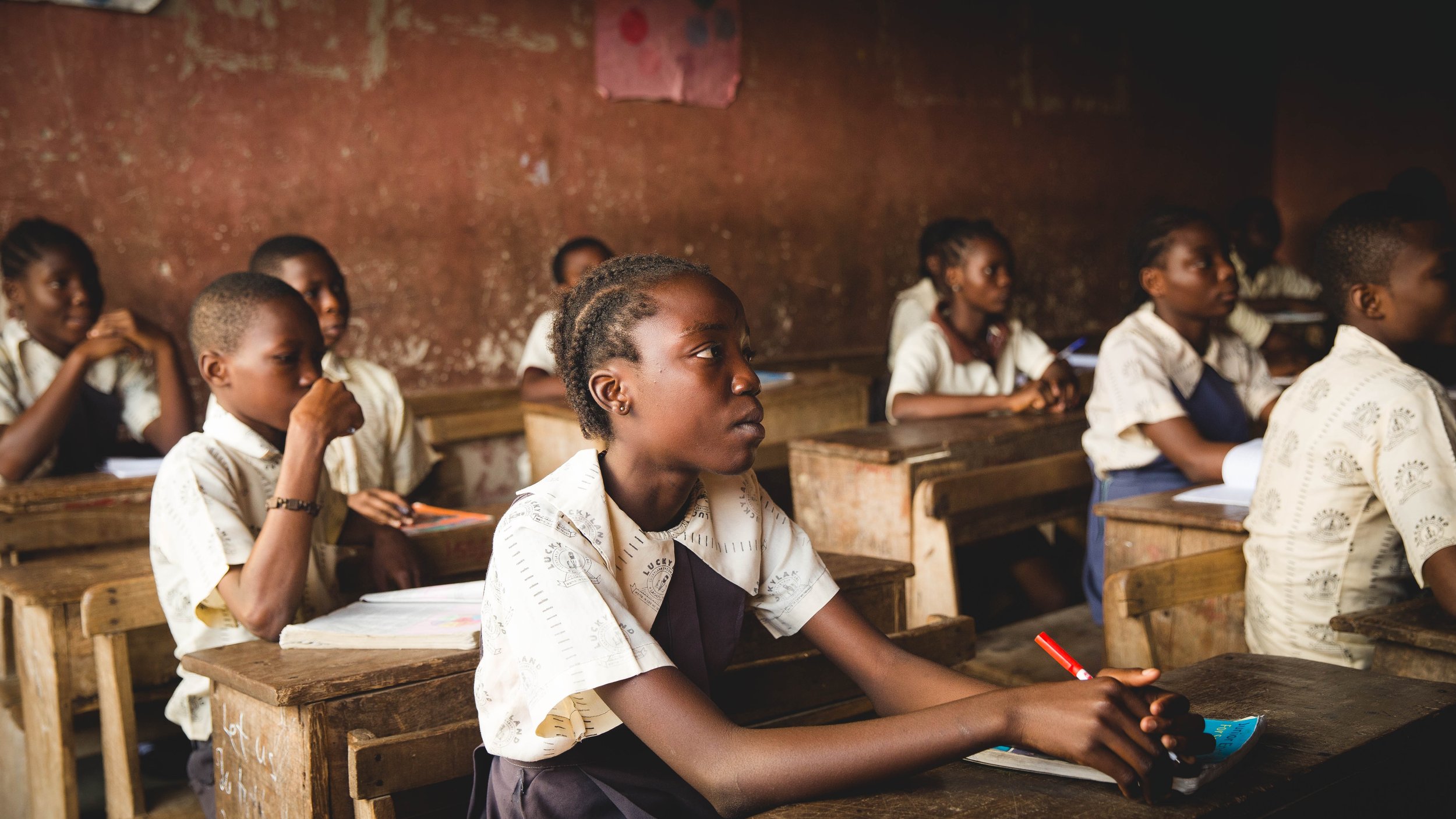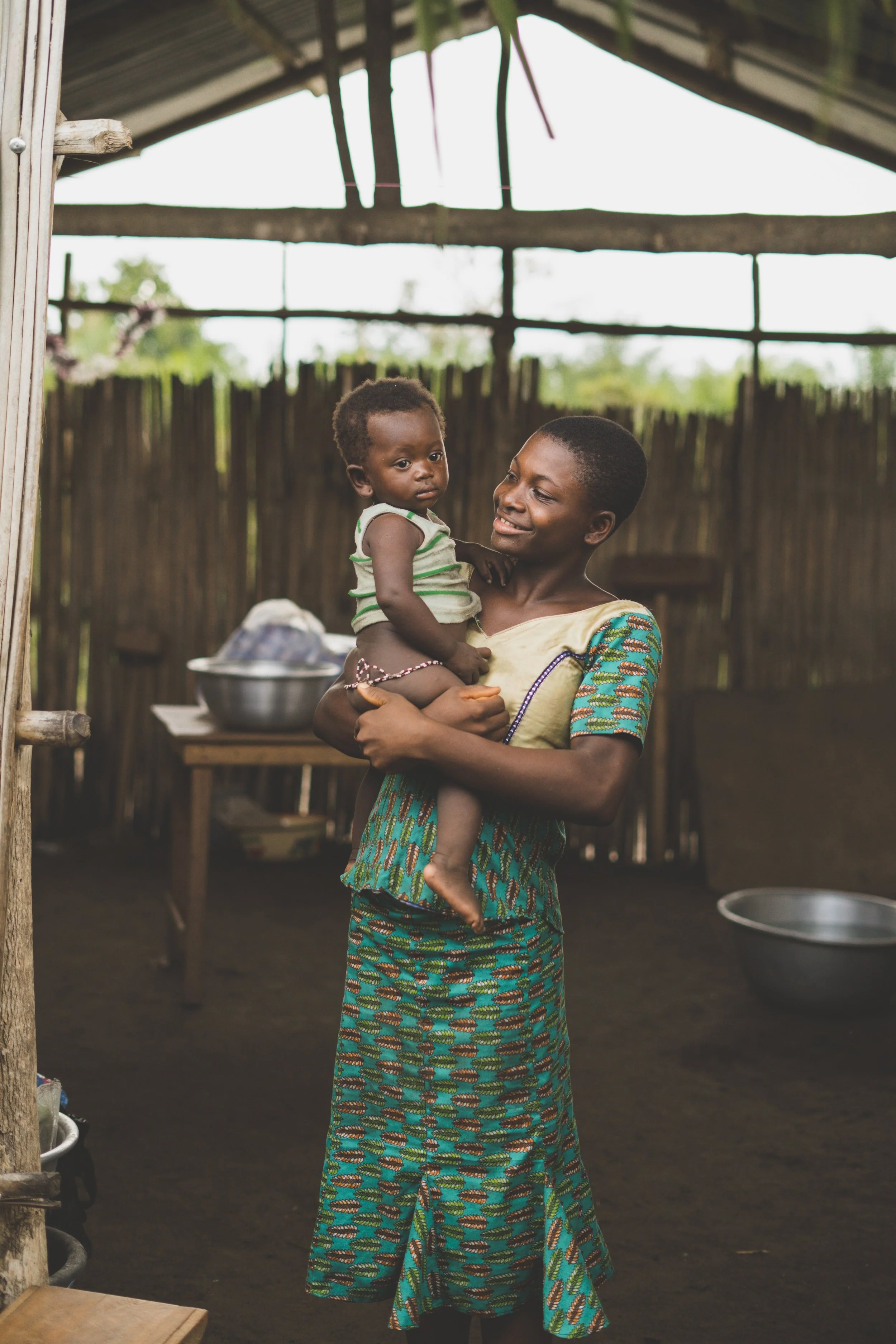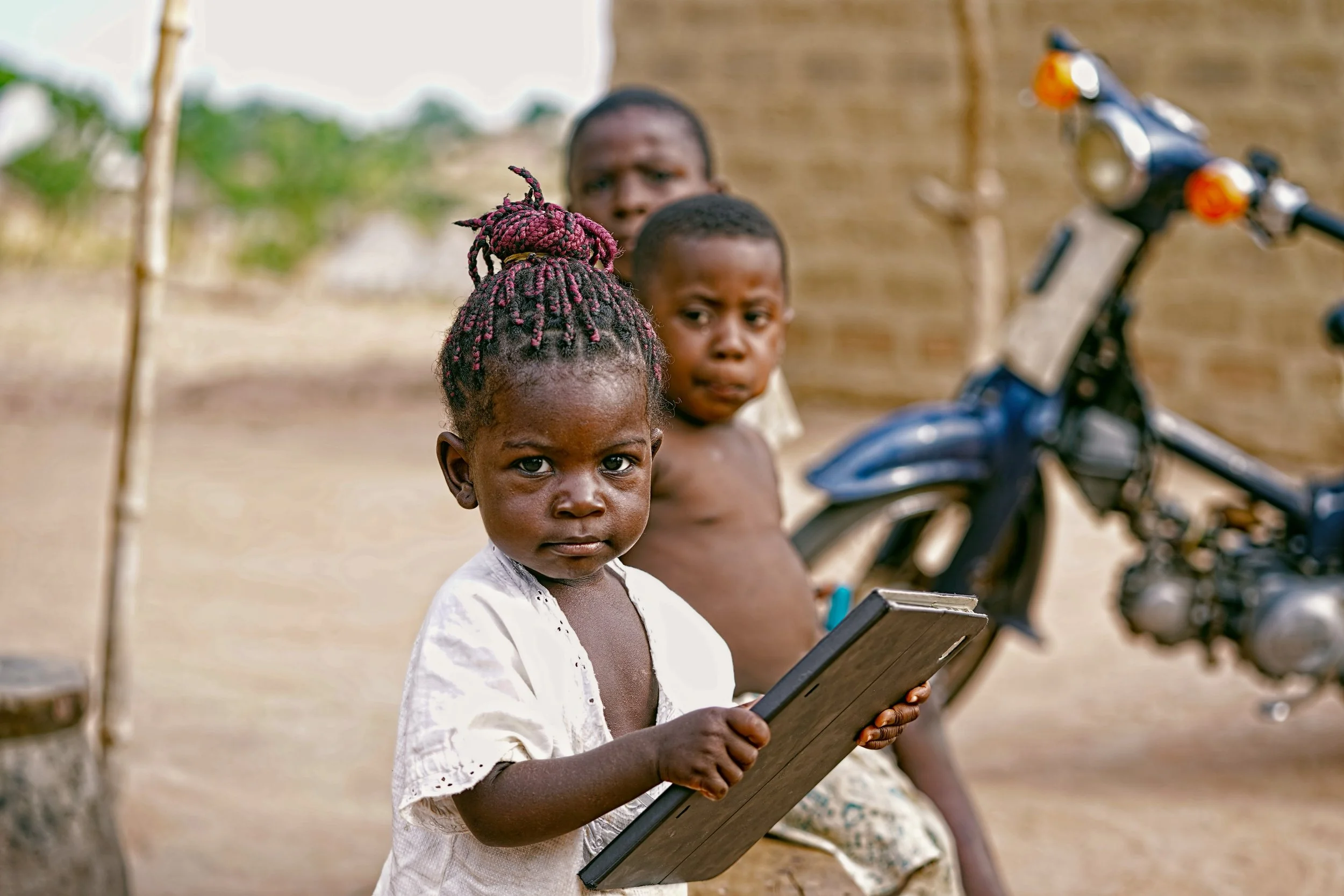
Our Reasons to Act
Family planning saves lives.
Family planning is one of the most effective and well-tested strategies for saving women's lives.
It is our mission to make it freely available to the women who need it most.
24%
of Nigerian women want contraception but cannot access it
40 000
Nigerian women die from pregnancy-related issues each year
3M
Unintended pregnancies annually in Nigeria
We believe these numbers should be zero.
That is why we have started Lafiya Nigeria.
Challenges we address
Institutional Barriers:
Frequent stock issues - Stockout rates of over 50% are reported by facilities in 2022. This means women cannot access contraceptives.
Lack of trained personnel - In Nigeria, there are fewer than 2 health workers per 1000 people. This means that even at times when there is stock available, there are frequently not enough staff members to attend to the need.
Misconceptions - Women fear infertility and long-term side effects. These myths are persistent and deter the usage of contraception.
Nigeria’s Maternal Health Statistics:
A high fertility rate (5.2 children born per woman).
Low contraceptive use (12.90% nationwide).
A high maternal mortality rate (1047 per 100,000 women: e.g., 10x the rate of Mozambique).
Our reasons to act
Contraception as a Human Right
The United Nations has decreed access to family planning products and information as an inalienable human right that women should be able to access.
In 1968, the United Nations International Conference on Human Rights declared that “parents have a basic human right to determine freely and responsibly the number and the spacing of their children”.
Family planning is central to women’s empowerment, reducing poverty and achieving sustainable development.
The use of contraception prevents pregnancy-related health risks for women. By reducing rates of unintended pregnancies, family planning also reduces the need for unsafe abortion.
Family planning can prevent closely spaced and ill-timed pregnancies and births, which contribute to infant mortality rates. Infants of mothers who die as a result of giving birth also have a greater risk of death and poor health.
Family planning reduces the risk of unintended pregnancies among women living with HIV, resulting in fewer infected babies and orphans.
Urgency for Maternal Health
Family planning represents an opportunity for women to pursue additional education and participate in the workforce.
Access to family planning products and information is especially important for adolescent girls who are still in school.
On the national level, a higher level of female education and female participation in the workforce results in the improvement of the national economy and a reduction in poverty levels.





